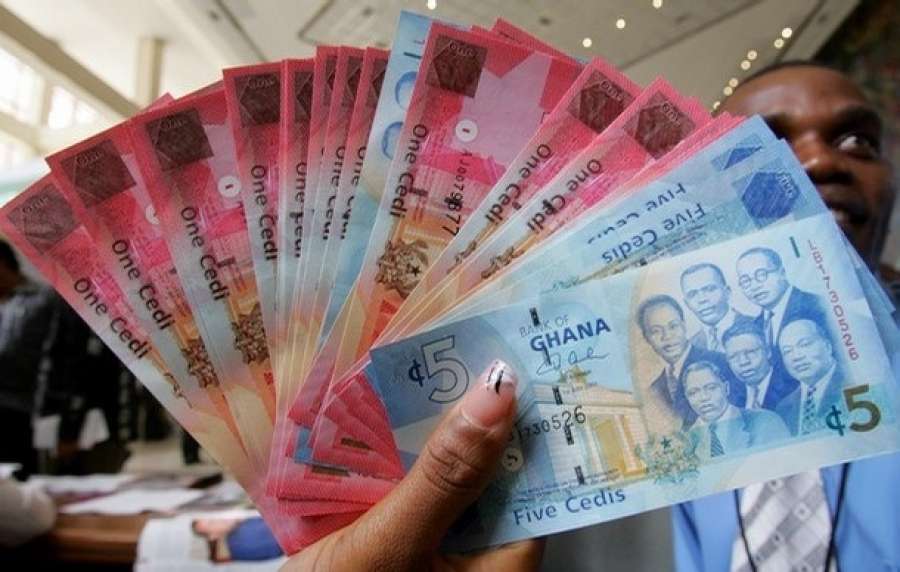The Ghanaian cedi has plummeted to a record low of 14.9335 per dollar as the increase in demand for US dollars by companies importing fuel, pharmaceuticals, and other fast-moving consumer goods put pressure on the currency.
This depreciation, observed by the close of trading in Accra, marks the cedi’s lowest level since at least 1994 when Bloomberg began tracking the data.
Since the start of the year, the cedi has declined by 20% against the US dollar, ranking it as the fourth-worst performing currency among approximately 150 tracked globally by Bloomberg, following the Egyptian pound, Nigerian naira, and Lebanese pound.
“Dollar demand from oil importers, the pharmaceuticals industry, and FMCG companies remains strong,” noted Samantha Singh-Jami, Africa Strategist at Rand Merchant Bank. “Although authorities have significantly increased foreign exchange reserves in recent months, there are still constraints on foreign exchange liquidity in the market.”
Ghana’s gross international reserves rose to $6.6 billion in April, the highest in over 19 months, as per data compiled by Bloomberg.
The central bank has been strategically managing these reserves to ensure sufficient market supply, including directly addressing some companies’ foreign exchange needs to alleviate the pressure on commercial banks.
This increase in reserves follows Ghana’s decision to halt servicing most of its external debt since December 2022.
The move was part of a debt restructuring effort to qualify for an International Monetary Fund (IMF) program. Disbursements from the $3 billion IMF package and inflows from other multilateral and bilateral sources have bolstered the reserves.
However, the cedi’s decline is also attributed to a significant drop in cocoa export revenue, which has diminished foreign exchange supply. Revenue from cocoa shipments fell by 49% to $599 million from January through April.
The country’s cocoa output for the 2023-24 season is projected to be between 422,500 and 425,000 tons, which is only half of the initial estimate.
“The weakening of the cedi seems to reflect foreign exchange flow mismatches,” said Samir Gadio, head of Africa Strategy at Standard Chartered Bank. “Foreign exchange demand recovered this year, though it has remained broadly constant in recent months, and continues to exceed supply.”
The combination of high demand for dollars by importers and reduced foreign exchange inflows has created a challenging environment for the cedi.
Despite efforts by the central bank to manage the situation, the currency continues to struggle under the weight of these economic pressures.
Economic Outlook
The Ghanaian government and central bank face a tough task in stabilizing the cedi amidst these challenges.
Ensuring adequate foreign exchange liquidity while addressing the structural issues in the economy, such as reliance on imports and fluctuating export revenues, will be crucial in reversing the cedi’s downward trend.

 Billionaire Watch2 weeks ago
Billionaire Watch2 weeks ago
 Startups4 weeks ago
Startups4 weeks ago
 News4 weeks ago
News4 weeks ago
 News4 weeks ago
News4 weeks ago
 Bitcoin4 weeks ago
Bitcoin4 weeks ago
 Naira4 weeks ago
Naira4 weeks ago
 Forex3 weeks ago
Forex3 weeks ago
 Treasury Bills4 weeks ago
Treasury Bills4 weeks ago




















